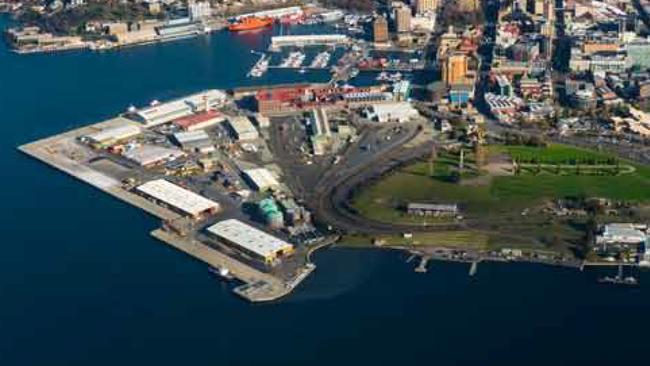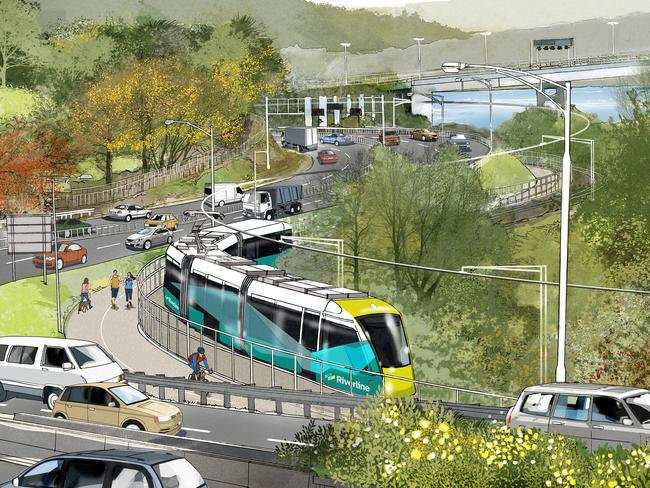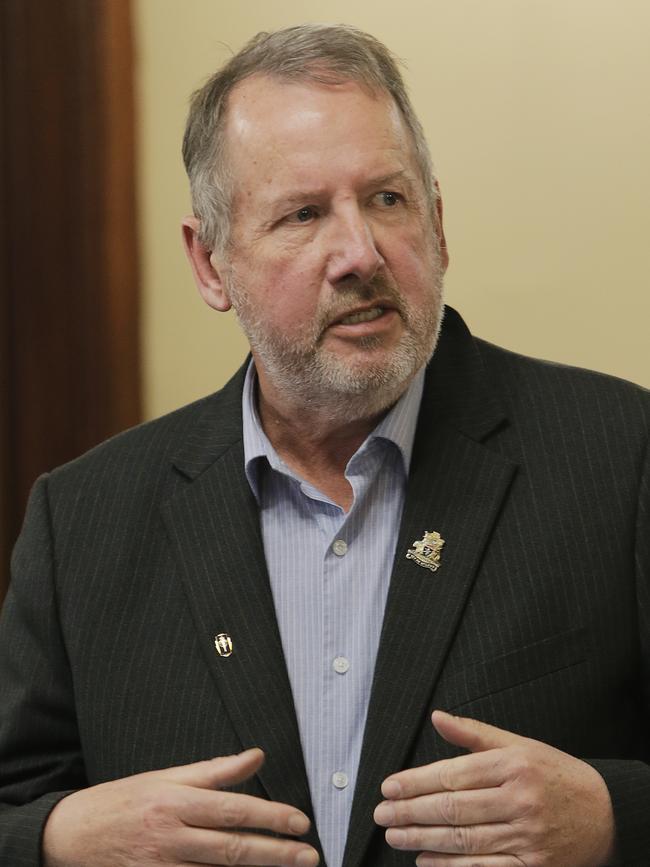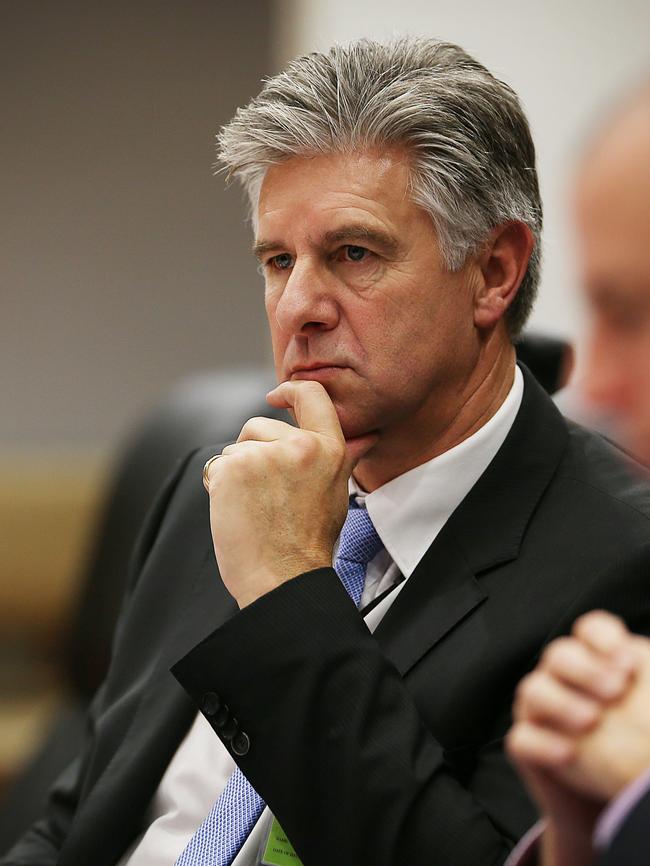Push for Federal help with long-haul City Deal
A HOBART City Deal would take 10 to 15 years to fully realise transformational projects, a parliamentary committee has been told.

Tasmania
Don't miss out on the headlines from Tasmania. Followed categories will be added to My News.
A HOBART City Deal would need to have a 10 to 15-year time span to fully realise transformational projects, the Hobart City Council has told a parliamentary committee.
Director city planning Neil Noye told the House of Representatives standing committee on Infrastructure, Transport and Cities that it needed to be recognised that it took time to realise large projects.
“Realistically you would need that sort of time horizon to capitalise on the deal,” he said.
He said the Macquarie Point development site required the removal of the sewage treatment plant.
“That is going to take time to achieve and likewise with a light rail for transit to the north [it] is going to take time for the planning and implementation and delivery,” he said.
“I think anything shorter than that is not a realistic proposition.
“Moving a STEM [Science Technology Maths and Engineering] into the city — that could happen within four to five years but these other projects have a longer lead time.”
Mr Noye said the Hobart CBD was presently focused around car movement but would change when pedestrian and cycling initiatives for UTAS were integrated.
The federal and state governments and several local councils signed an agreement in January to develop a City Deal.
MORE: AGREEMENT TO ACCELERATE A HOBART CITY DEAL

Hobart City Council chair of planning Alderman Jeff Briscoe said the council was keen to emulate a model undertaken by the German city of Freiburg in which cars were banned from the inner city and replaced with trams.
“I think the university would like Hobart to move towards a Freiburg model and I think that is something the council would really support but we do need Commonwealth involvement in that to overcome ‘not in my backyard’ type problems.
“Once you’ve done one or two city blocks I think the city would be supportive from then on but you’ve got to make sure you have better transport to the city so people aren’t disadvantaged by not bringing their cars into the city,” he said.


Infrastructure Tasmania chief executive Allan Garcia said there was significant traffic congestion in Hobart that needed to be overcome through better public transport rather than expensive infrastructure.
“One of our challenges is to address traffic management and by virtue of our geography it is very hard to build our way out of it,” he said.
“Tunnels and bypasses are probably not the answer.”
Originally published as Push for Federal help with long-haul City Deal


